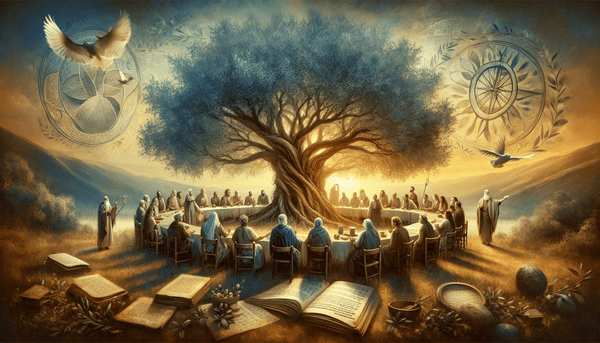The Supremacy of Love: 1 Corinthians 13:4-7
The Apostle Paul's definition of love in 1 Corinthians 13:4-7 stands as a timeless guide for all forms of love, transcending the confines of romance to encompass the breadth of human relationships. This passage describes love as an action, a collection of virtues including patience, kindness, and truth. It emphasizes that love is not about self-gratification but about seeking the good of others, protecting, trusting, hoping, and persevering through every circumstance. This love is the cornerstone of a life lived in harmony with God's will, a testament to the supremacy of love over all other virtues.
Conclusion
Through this exploration, we have journeyed from the fleeting flames of lust to the enduring warmth of love as defined by the Bible. We have seen how love, in its divine form, creates memories that linger and shape our lives. By embracing the biblical principles of love, we open ourselves to the transformative power of godly love, which sustains and enriches us through all of life's seasons. As we seek to embrace our self-worth and divine love, let us reflect on these themes and welcome the essence of love into our daily walk, allowing it to transform our relationships and our understanding of the divine.
FAQ
Q: What is the difference between love and lust?
A: Love is a deep emotional connection and commitment to another person, while lust is a strong physical attraction and desire for sexual gratification. Love involves caring for the other person's well-being, while lust is based on physical desire.
Q: How is love depicted in 1 Corinthians 13:4-7?
A: Love is described as patient, kind, not envious, boastful, or proud. It honors others, is not self-seeking or easily angered, keeps no record of wrongs, does not delight in evil, rejoices with the truth, and always protects, trusts, hopes, and perseveres.
Q: How does the Bible relate love to memories?
A: While the Bible does not explicitly connect love with memories in a single verse, it intertwines love with our actions, thoughts, and the legacy we leave in the hearts of others, suggesting that love creates lasting impressions and memories.
Q: What does the Bible say about the power of remembrance in faith?
A: The Bible encourages remembering God's works and commandments as a way to foster faith and hope for the future. It emphasizes the importance of reflection on God's past actions to understand his love and faithfulness.






